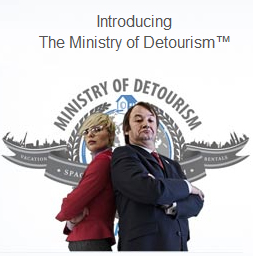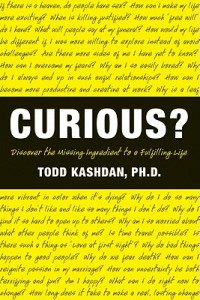A recent Real Trends article hammered home what many of us have suspected for quite some time…that the real estate agent population is aging. In their article "Younger Sales Professionals Leaving the Industry in Droves" they go a step further, telling us that, not only are they difficult to attract, but that these younger agents are also difficult to retain:
"When viewed only by median age, the change has not seemed severe: The median age went from 52 (in 2004) to 51 (in 2006) to 54 (in 2009). This is noticeable, but most haven’t seemed to react too much over it (though it’s hard not to note that in the recent three-year period the median age increased by three years, which essentially says that the whole group just stayed the same and aged together – this alone is revealing).
Based on our calculations, the number of sales professionals under the age of 35 has dropped from 149,000 to 101,000 (down 32%). Over the same period, the number of sales professionals 35 to 44 has dropped from 272,000 to 156,000 (43% down); those 45 to 54 have dropped from 407,000 to 301,000 (26% down). At the same time, the 55-and-over group has virtually held steady (going from 557,000 to 545,000). In other words, we lost 164,000 Gen X’ers and Millennials in a three-year period (nearly 40% of what they were)." (Real Trends Volume March 2011, XXV, Number 3)
Their explanation of this trend is fairly straight forward and I believe it is right on target. They say:
"If we focus on the 35 to 44 group, which represented 20% of the total agent population in both 2004 and 2006 but only 14% today, we know that this generation had never experienced a down market before this one (after all, they were all in their thirties five years ago, and age 25 to 34 a decade ago). It would seem that this group hit the wall and struggled to make ends meet just as they were moving to an age when one normally settles down and focuses on a long-term career. They were brought into the business at a time when the industry was largely focused, from NAR right down through the individual brokerages, on expanding rosters to higher profits by recruiting, recruiting, and recruiting. With some exceptions, similar energies were generally not put into training during this time. Bad habits were formed, “easy money” was made by many thanks to a booming market, and too little was done to prepare for a shifting weather pattern. When the downturn in the housing market went from bad to historic, it’s no wonder that many in this generation were not prepared to handle the jolt."
Real Trends' solution to the problems, however, seems a bit short-sided to me. They recommend bringing younger candidates into today's rental market. Not a entirely bad idea, but, I see the problem of attracting and retaining young talent to be much more complex than that very simple solution.
Before publishing some of my own thoughts about this trend, I would greatly appreciate hearing from some of our readers. So, in the next day or so, please let me know what you think. In the meantime, I'll write my thoughts out…and I'll be ready to add yours in the next edition.
You can send them by email or respond to this blog. Thanks!
Editor's Note: This article was written by Dr. David Mashburn. Dave is a Clinical and Consulting Psychologist, a Partner at Tidemark, Inc. and a regular contributor to WorkPuzzle. Comments or questions are welcome. If you're an email subscriber, reply to this WorkPuzzle email. If you read the blog directly from the web, you can click the "comments" link below.











